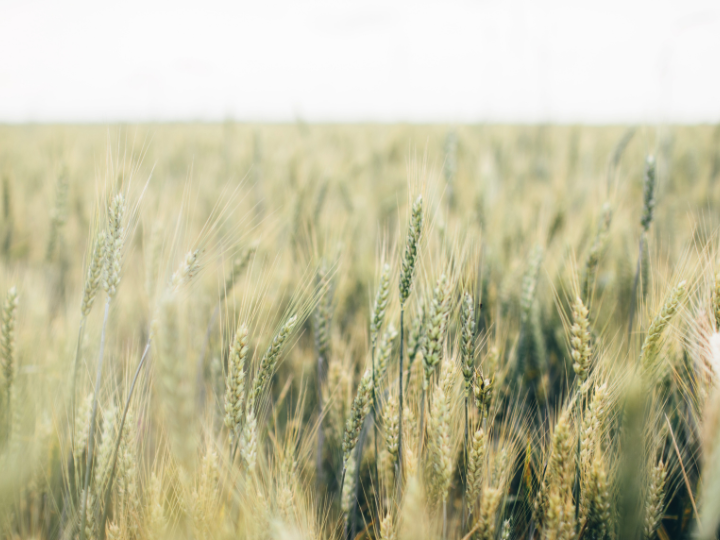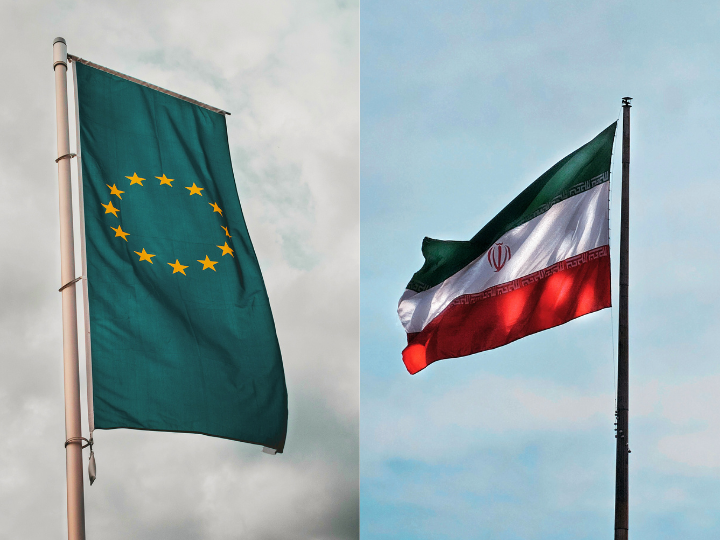by Julia Dahm
EU membership of agricultural powerhouse Ukraine would result in the ‘death’ of family farming, the German farmers’ union has warned amid growing concerns over the future direction of the EU’s farming subsidies programme.
Following last week’s recommendation by the European Commission to open formal accession talks with Ukraine, Joachim Rukwied, the president of the German Farmers’ Association (DBV), warned of its consequences on the agricultural sector.
Accession would “lead to the demise of family farming in Europe”, he told a press conference on the future of the EU’s Common Agricultural Policy (CAP) on Wednesday (15 November).
This must “remain in the background of all political discussions”, he added.
Rukwied pointed to Ukraine’s large agricultural sector and the fact that the average farm in the country is many times larger than in the EU.
Admission would, therefore, mean “integrating into the EU an agricultural sector with completely different structures, up to farms of the order of several 100,000 hectares”, he stressed.
Against this backdrop, he argued that a Common Agricultural Policy (CAP) that includes Ukraine is “not feasible” unless it is at the expense of farms in current EU countries.
A position paper for the next CAP funding period, from 2028 to 2034, presented by the association on Wednesday was therefore based on the current state of the EU and not an enlarged one, according to Rukwied – even though the EU has mentioned a tentative target of being ready for accession by 2030.
Indeed, there is a broad consensus among political representatives and organisations that the CAP could not continue in its current form if Ukraine were to join.
In particular, the so-called direct payments, paid to farms per hectare of agricultural land, would likely not be financially viable for the large areas of Ukraine.
However, unlike the DBV, the German Agriculture Ministry, for example, has pushed to use the forthcoming accession as an occasion to fundamentally reform the CAP and move away from the largely unconditional area payments.
Several German federal states, as well as environmental organisations and representatives of organic and small-scale farming, have also spoken out in favour of preparing EU agricultural funds for Ukraine’s accession.
Meanwhile, the government in Kyiv argues that Ukraine’s accession would strengthen the EU’s agricultural sector and make the Union a global player in agriculture.
Moreover, a recent study by the Vienna Institute for International Economic Studies concluded that the Ukrainian agricultural sector would not become a “bottomless pit” for the CAP because it is competitive without large subsidies – but at the same time, in some ways, “too competitive” compared to other EU countries.
“In fact, thanks to fertile black soil and cheap labour, Ukrainian agriculture produces so efficiently that it represents serious competition for many EU countries, as the dispute over Ukrainian grain exports to Poland and Hungary shows,” the study said.
Rukwied also warned that Ukraine would join the EU “as a country whose agriculture produces well below our standards, for example, in the use of pesticides” and would, therefore, compete unfairly with farms in other EU countries.
In reality, however, Ukraine will have to transpose all EU standards into national law before it can join the Union.
*first published in: Euractiv.com




 By: N. Peter Kramer
By: N. Peter Kramer
